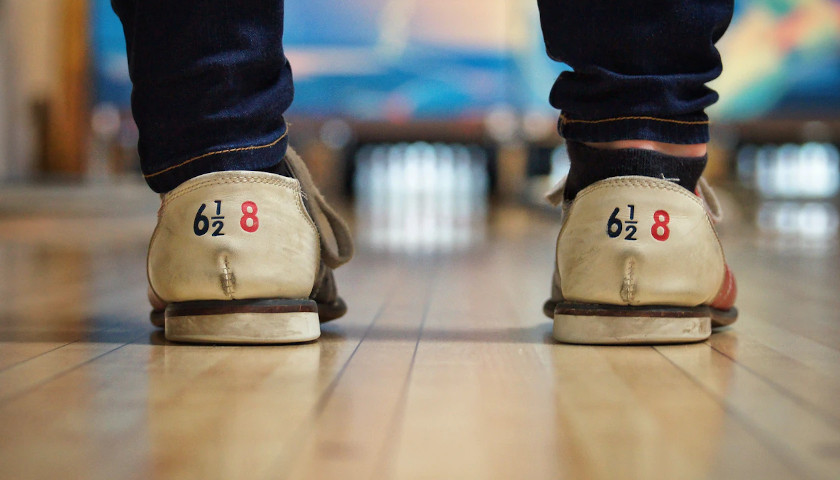by Scott McClallen
For the past 83 years, Peter Tomassoni’s family has run Recreation Lanes and the Antoin Room Banquet and Convention Center in Iron Mountain.
Less than one year under Gov. Gretchen Whitmer’s restrictions to curb the spread of COVID-19, however, it could die, through no fault of the family.
On Wednesday, the Michigan Independent Bowling & Entertainment Centers Association (IBECA) filed a federal lawsuit in the Western District of Michigan, claiming the state owes five businesses compensation for the takings of their respective businesses for public use without just compensation since March of 2020.
Bowling centers face an “impossible choice,” their attorney David A. Kallman said. If they reopen kitchens against the rules enacted by the Michigan Department of Health and Human Services (MDHHS), the state can fine them and revoke their business licenses.
If they stay closed, they’ll go bankrupt due to nearly a year of lost revenues caused by state-mandated rules. And they can’t sell their businesses for a profit since the state’s rules have negated their property value, Tomassoni said.
Bowling alleys were allowed to reopen under restrictions on Dec. 22, but serving food and drink — which comprise between 66% and 80% of their yearly revenue — is still illegal.
“We’re stuck if we stay open, and we’re stuck if we stay closed,” Tomassoni said.
According to Royal Scot Golf and Bowl in Lansing, bowling alleys were forced closed for 212 days in 2020 — or 58% of the entire year— but the establishments still are expected to pay property taxes that can be greater than $30,000.
“I don’t know of any other business that can go eight, nine months without any cash flow and still be able to pay bills,” Scott Bennett, IBECA executive director, said. The problem is, we can’t pay 100% of our bills with 50% or 25% of our income.”
The utility bills alone can reach $15,000 per month, Bennett said.
“They can’t just destroy people’s livelihoods, destroy people’s jobs, and just say, ‘oh well, that’s just the way it is,’” Kallman said at a morning press conference. “The law of takings gives us recourse.”
He estimated the damages sought would be “well over seven-figures.”
Kallman argued his five clients were forced closed for more than six months under Whitmer’s orders deemed unconstitutional by the state Supreme Court.
“Orders that required our clients to close for most of last year have had a severe and destructive impact on their businesses and property,” Kallman said in a statement.
“They were unable to operate and earn an income, unable to pay employees, and unable to function in any way. Plaintiffs have received no just compensation from Defendants for the unlawful taking of their business property.”
MDHHS spokeswoman Lynn Sutfin told The Center Square in an email the rules were enacted to “save lives.”
“MDHHS has put in place measures that will save lives by limiting specific indoor gatherings that greatly increase the risk of COVID-19 spread. Public health experts from around the nation and world say these types of actions prevent the health care system from being overwhelmed by COVID-19 cases.”
The state plans to reopen indoor dining on Feb. 1 with restrictions.
– – –
Scott McClallen is a staff writer covering Michigan and Minnesota for The Center Square. A graduate of Hillsdale College, his work has appeared on Forbes.com and FEE.org. Previously, he worked as a financial analyst at Pepsi.





